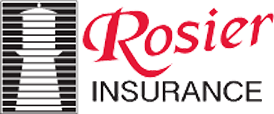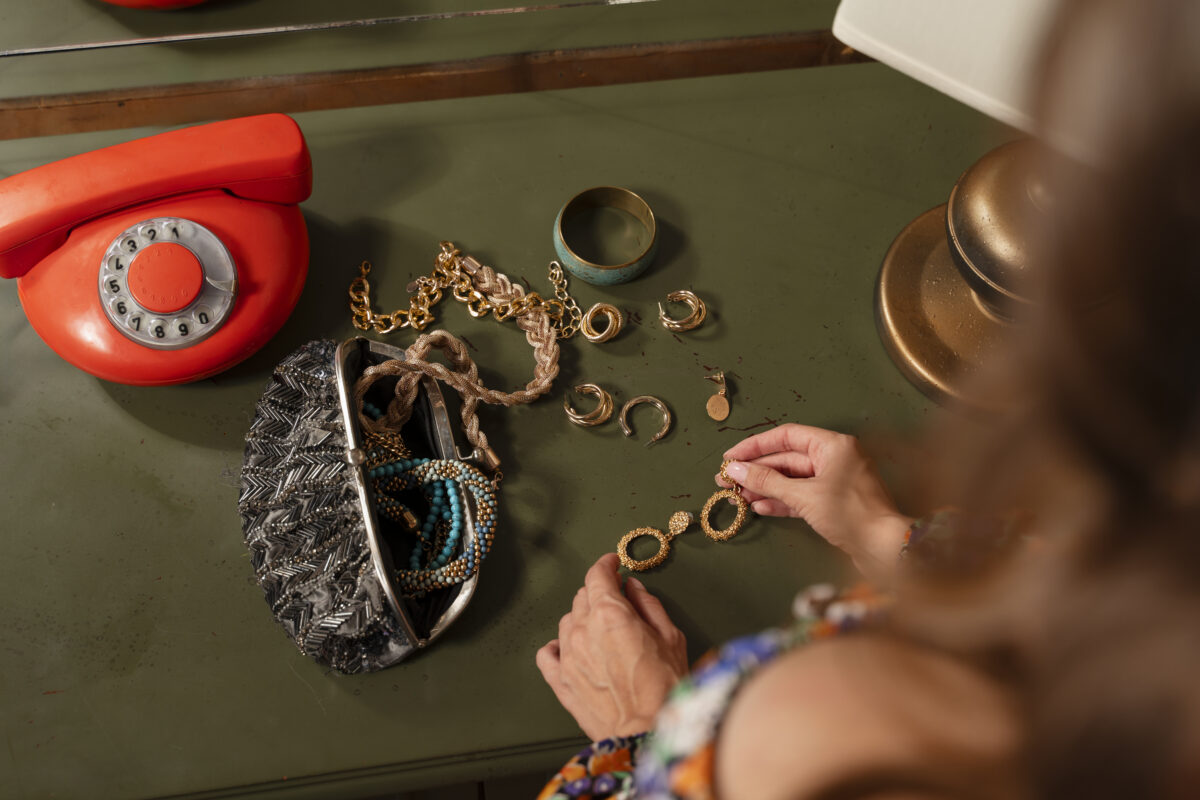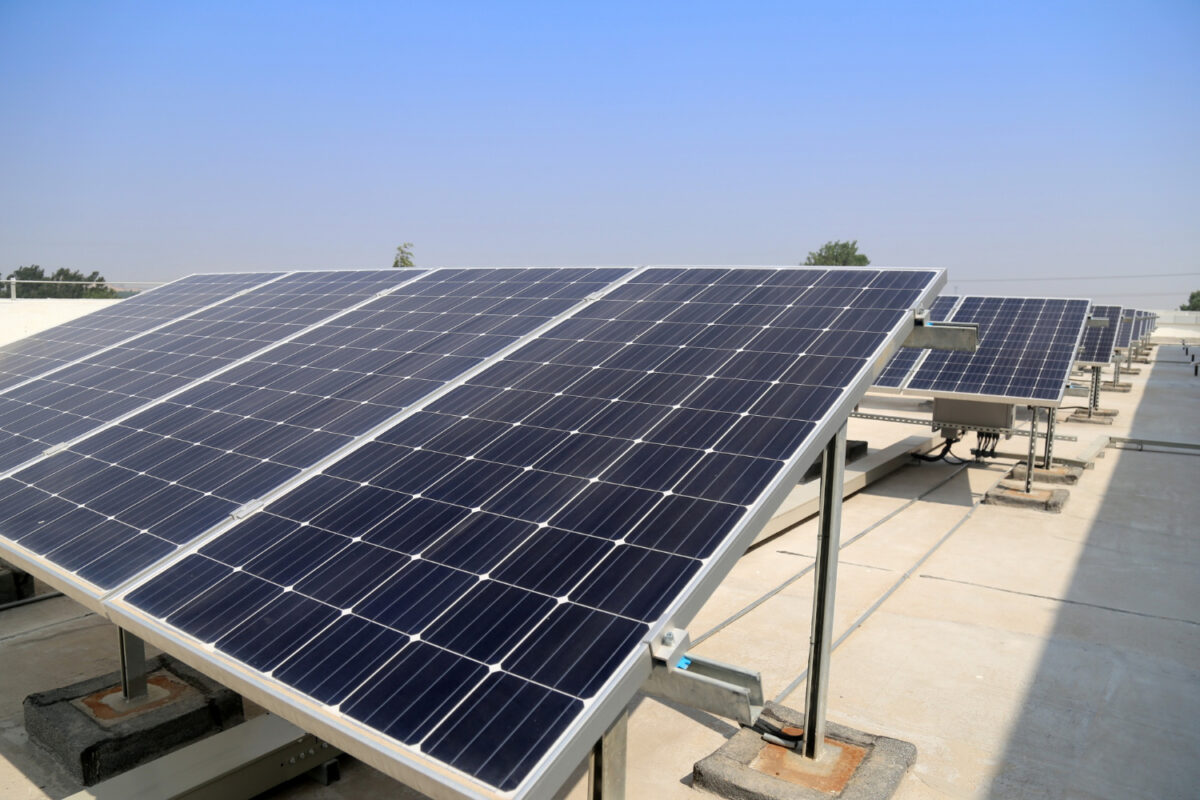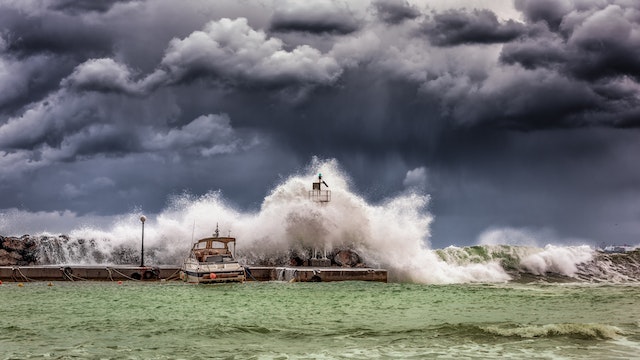Living in Florida comes with sunny skies, beautiful beaches and warm weather. However, when hurricane season hits then it’s time to focus on safety. Every year, storms cause damage to homes, cars and property. So what’s the good news here? With a little planning and the right insurance, you can stay protected. In this blog, we walk through the smartest ways to prepare your home and your insurance coverage for the 2025 hurricane season.
Make a Family Emergency Plan
Before any storm arrives, sit down with your family and make a simple emergency plan. Choose a safe place to meet if you get separated and plan an evacuation route. If you have pets, include them in the plan too. Save important phone numbers, like your insurance agent, local emergency services and nearby shelters, in your phone and write them in a notebook in case your battery dies. It may seem like a small step, but it makes a big difference when panic sets in during a storm.
Understand What Your Insurance Covers
This step is super important. Many people don’t realize that a standard homeowner’s policy does not include flood insurance. In Florida, floods are a big risk during hurricanes. To stay safe, talk to your insurance agent about adding flood insurance through FEMA’s National Flood Insurance Program or a private provider. Remember, it can take 30 days for flood insurance to kick in, so don’t wait until a storm is near. Also, ask about your hurricane deductible. This is usually a percentage of your home’s value, not a fixed amount. Knowing this upfront can save you from surprises after the storm.
Take Photos and Make a Home Inventory
Walk around your home and take photos or videos of your furniture, electronics, jewelry and other valuable items. Don’t forget your outdoor things like grills, patio furniture and tools. Save the pictures on your phone, on the cloud, or in an email so they’re safe. If your home is damaged, this will help you prove what you had and make the insurance claim process much easier and faster.
Strengthen Your Home Before the Storm
Get your house ready before hurricane warnings start. If you have storm shutters, check that they work. If not, use plywood to cover windows. Make sure your doors are sturdy and your roof is in good shape; replace any loose or missing shingles. Bring inside anything that could fly away in strong winds, like lawn chairs, trash bins, or garden tools. Trim any trees or branches that are too close to your house. Even small improvements like these can prevent big damage when a hurricane hits.
Pack an Emergency Supply Kit
A good emergency kit can make all the difference. Pack water, non-perishable food, a flashlight with batteries, first-aid supplies, important medicines and hygiene products. Don’t forget a battery-powered or hand-crank radio to listen to weather updates. Also, include your important documents like ID cards, insurance papers and house deeds in a waterproof folder or bag. Keep a portable charger for your phone as well. This kit should last your family at least 72 hours without help.
What to Do After the Storm
Once the storm passes, be careful. Don’t touch any fallen wires or go near damaged buildings. Take new photos of all the damage before cleaning anything up. If you have flood damage, use a measuring tape to take a photo of how high the water line is both inside and outside of your home. This will help with your insurance claim. Save all receipts from repairs, hotel stays and meals if you need to leave your home; your insurance might cover these extra costs. Contact your insurance agent as soon as you can to start the claim process.
Stay Safe with Rosier Insurance
Hurricanes may be powerful, but being prepared puts the power back in your hands. By making a family plan and reviewing your insurance, you can protect your home, stay alert and reduce damage and stress during hurricane season. Reach out to Rosier Insurance today for homeowners insurance in Naples, FL and stay safe all season long.









